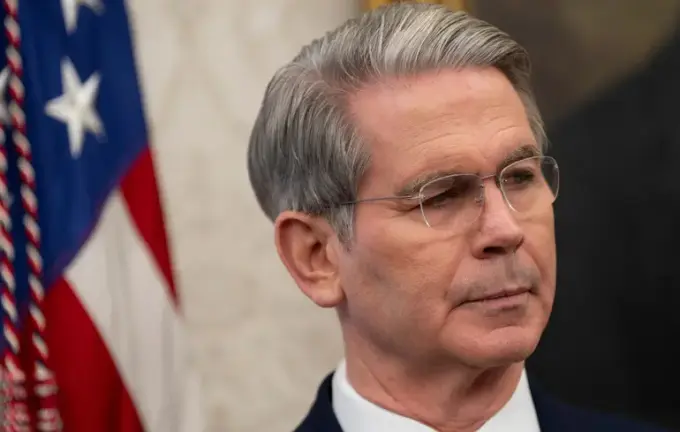Ahead of Trump-Xi Summit: US and China Reach Significant Agreements Shaping New Diplomatic Dynamics

Ahead of the scheduled meetings between U.S.
President Donald Trump and Chinese leader Xi Jinping, productive and constructive negotiations took place in Malaysia between American and Chinese officials.
These talks resulted in the signing of framework agreements that could significantly alter the diplomatic climate in the region.
The negotiations, held in the modern Merdeka 118 skyscraper in Kuala Lumpur, covered key issues such as agricultural imports, technological matters including TikTok and fentanyl trade, rare earth elements, and bilateral relations.
U.S.
Treasury Secretary Steven Mnuchin described the results as ‘very successful,’ emphasizing the parties’ decision to create conditions for a positive future summit.
These agreements mark an initial step toward a potentially landmark meeting where the world’s two largest economies could reach compromises on critical economic and political issues.
It is noteworthy that the meeting coincided with President Trump’s visit to Malaysia, where he participated in signing a peace declaration between Thailand and Cambodia.
The Chinese delegation was led by Vice Premier He Lifeng, accompanied by Trade Representative Li Chenggang and Deputy Finance Minister Liao Min; the U.S.
team included Trade Representative Jayson Grier.
Trump’s regional trip, his first since beginning his second term, is expected to pave the way for further negotiations in Japan and South Korea, including talks with Xi Jinping at the Asia-Pacific Economic Cooperation summit.
Experts suggest that this summit could become a turning point in trade and geopolitical relations between the two powers, who have recently faced disputes over tariffs, sanctions, and regional conflicts.
An important issue on the agenda is support for Taiwan, as China insists that Washington make an official statement opposing Taiwan’s independence—an endeavor that could be a significant diplomatic victory for Beijing.
However, U.S.
Secretary of State Marco Rubio affirmed that the Trump administration will continue supporting Taiwan, highlighting the ongoing complexity of this diplomatic game.

